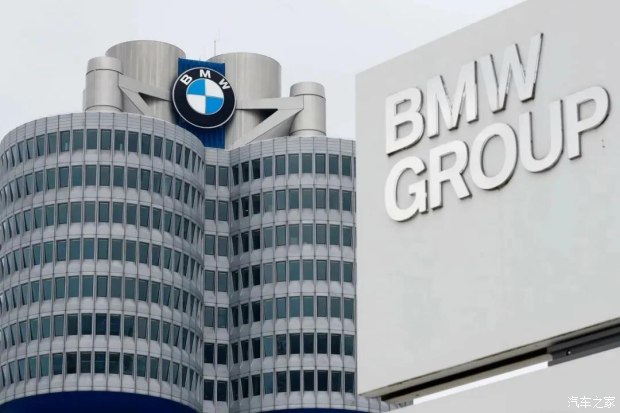
Compared to conventionally manufactured aluminum, this approach can save around 70% of CO2 emissions. The planned supply volumes will be used exclusively in vehicle production at BMW Group Plant Spartanburg in South Carolina, in body components such as the hood, for example.
Owing to its comparatively low weight and other positive material properties, aluminum occupies a firm place in the BMW Group’s intelligent composite construction. In the supply chain of a mid-sized fully-electric vehicle around a quarter of the CO2 emissions are attributable to aluminum. This underlines the tremendous potential of reducing CO2 in the aluminum supply chain.
ELYSIS (earlier post) is the first carbon-free smelting technology for aluminum as it enables the production of aluminum metal without direct carbon dioxide emissions during the smelting process, instead emitting pure oxygen.
The innovative method uses carbon-free anodes to eliminate all process-related CO2 emissions and was successfully tested at industrial level for the first time in 2021. The BMW Group intends to become one of the first customers to use this technology in standard production.
In addition to the carbon-free process, the agreement also covers aluminum alloys produced using electricity from renewable energy sources, with CO2 emissions that are only a third of the industry average. The aluminum production facilities in Québec run almost entirely on electricity from six local hydroelectric power stations. As a further contribution to resource conservation, recycled content will be mixed in with the end product to potentially reach up to 50% secondary material.
The use of Rio Tinto’s blockchain technology also guarantees full traceability of the aluminum, all the way back to the original bauxite mine. This enables end-to-end transparency throughout the supply chain and therefore plays an important part in tracking compliance with environmental and social standards for extraction of raw materials.
In 2021, Rio Tinto launched START, a new standard in transparency, traceability and provenance for the aluminum industry. Using secure blockchain technology, START provides key information about how Rio Tinto aluminum was made, covering fourteen criteria: global warming potential, water management, waste management, energy sources, air emissions, biodiversity, land management, recycled content, safety performance, community investment, third-party assessments, ethics and com